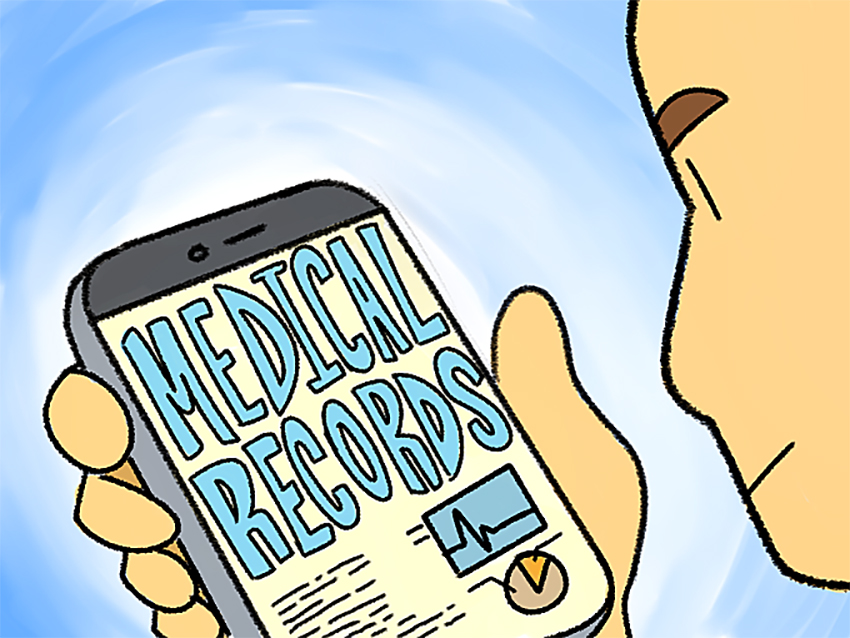Health data company vitaTrackr wants to give patients control of their medical records.
Founded in 2011, vitaTrackr moved to Austin in 2015. CEO Brian Baum said that America lacked an independent third party that gives the patient control of his or her own health data. With vitaTrackr, the patient can authorize use and sharing of data with mobile health apps or any health provider they visit.
Baum added that in a country with increasing health care choices, it is vital that patients have access to and freedom with their medical records, enabling them to visit whichever health care provider they desire.
“The choices are increasing as patients can go to a pharmacy, workplace clinic or online to get care,” Baum said. “In a society where we can make choices … to obtain health care, it’s necessary to have liberty and access to your medical information.”
vitaTrackr is responsible for the implementation of Connected Health Austin, CHA, a community-based program that enables patients to immediately access and authorize the sharing of their medical records. DirectTrust, a health information exchange company, provides the technological infrastructure for CHA.
DirectTrust CEO David Kibbe said that patients and consumers face difficulties today in gaining access to their health data and moving the information from doctor to doctor as they wish. To some extent, he added, this is addressed by individual patient portals at medical practices. However, problems still exist.
“Many patients have multiple different portals for each practice they visit; many would like to have a single place to put their health info,” Kibbe said. “They want it to be tracked, managed and unified similar to an investment account. It also should always be available.”
Kibbe said the idea behind vitaTrackr and Connected Health Austin is that health information travels with the patient. For example, instead of filling out a long form when one decides to visit a new doctor, the customer can enable a direct exchange of their medical information.
UT health and society professor Stephanie Osbakken said that sharing medical records among practices should be as efficient as transferring credits among universities. The key to this, she said, is a system that promotes communication between medical providers.
“The problem with medical records is long-standing: We have old systems of record keeping that have not kept pace with the digital revolution,” Osbakken said. “In recent years, we have begun digitizing by entering data electronically. However, everyone has their own system, making it difficult to share medical records as a patient.”
Richard Nauert, adjunct associate professor for the School of Ecology, said inefficiency and inaccessibility are the biggest problems that plague the American medical record system.
“The biggest problem is that our health care system, including record-keeping, is exquisitely designed to prevent people from taking care of their own health care needs,” Nauert said. “There is no excuse, in my view, for online care management to be less convenient, less functional or less secure than online banking.”
Nauert added that Austin’s environment lends towards innovative ideas such as vitaTrackr, with the capital’s attractiveness including but also extending beyond its universities.
“Many university towns are good incubators, but I think Austin has a special advantage because it draws smart, young people from a very large geographic area with relatively few competitors nearby,” Nauert said. “I also like to think that Austin empowers a broader set of community members to express their views and work together on solving important problems than is the case in many cities.”
Baum added that the innovative culture of Austin can foster medical breakthroughs. He said the city is an ideal community because of its technological orientation, innovative mindset and willingness to push the limits.
Osbakken said smart minds and cutting-edge Austin researchers raise the bar in various health care settings around the city.
“Recently in Austin, health care has met innovation,” Osbakken said. “We’ve always had the technological innovation, but Austin has quickly grown in the health care field. The moment is ripe for the collaboration between health care and innovation in Austin.”















